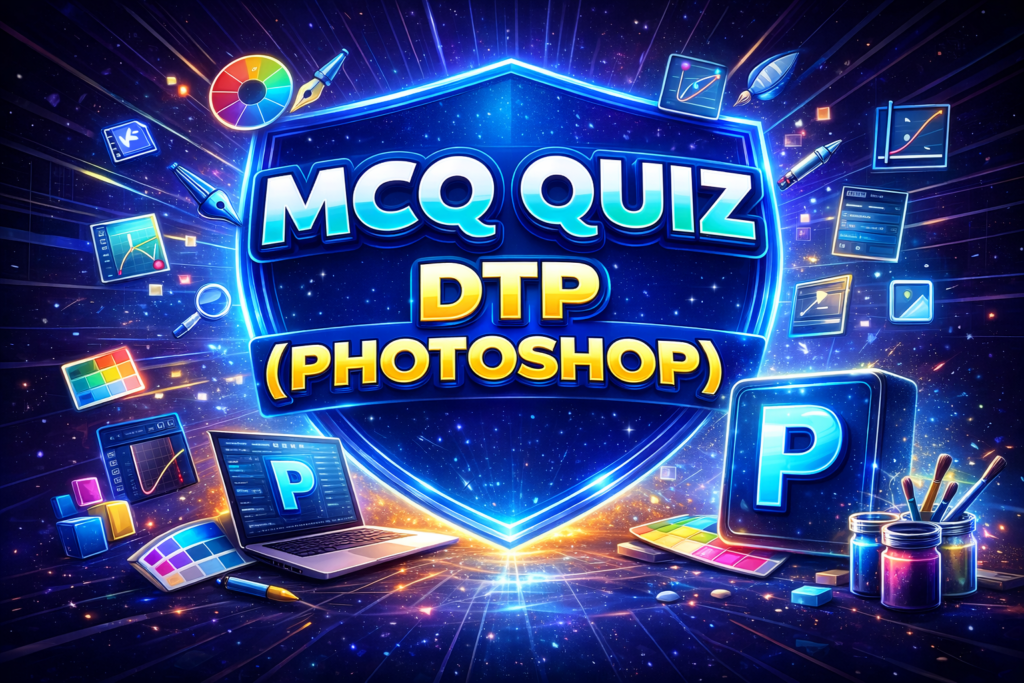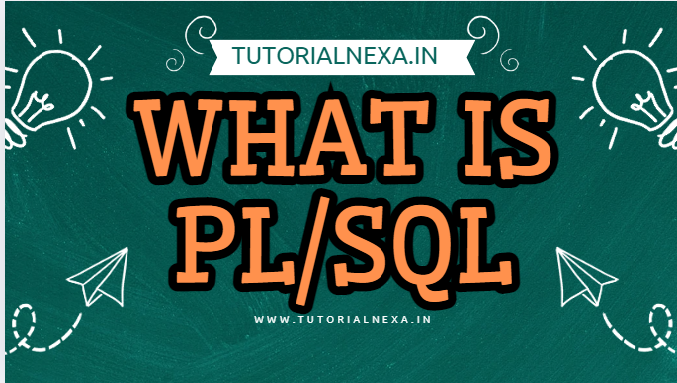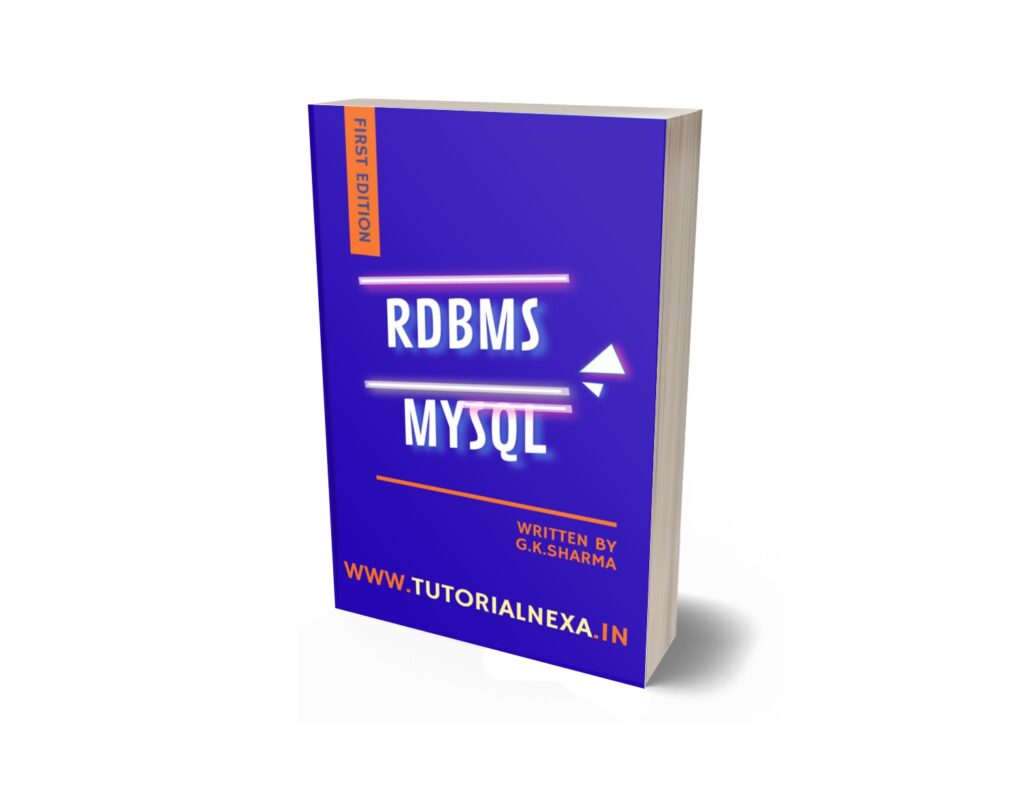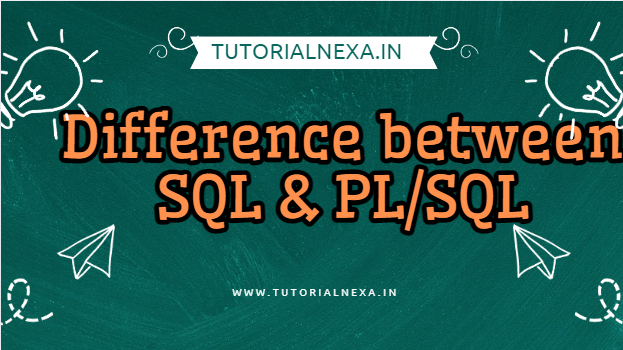Posted inSQL_PLSQL
Posted inSQL_PLSQL
What is PL/SQL?
Q. What is PL/SQL? In English PL/SQL stands for Procedural Language extension of SQL. It is an advanced programming language developed by Oracle that combines SQL with procedural programming…
Posted inSQL_PLSQL
RDBMS AND MYSQL
Q. What is the Difference between Data and Information? In English DataInformationRaw facts and figures.Processed and organized data.Has no clear meaning on its own.Has meaning and purpose.Example: numbers, symbols,…
Posted inSQL_PLSQL
Difference between SQL and PL/SQL
Difference Between SQL and PL/SQL SQL and PL/SQL are two essential components of database management. They may sound similar, but they serve different purposes and have distinct characteristics. Let's…
Posted inSQL_PLSQL
What is PL/SQL?
What is PL/SQL? PL/SQL stands for "Procedural Language/Structured Query Language." It is an extension of SQL (Structured Query Language) used for database management. PL/SQL allows you to write programs…
Posted inSQL_PLSQL
Who is a DBA and What are Different Roles and Responsibilities of DBA?
Who is a DBA and What are Different Roles and Responsibilities of DBA? Database Administrator (DBA) is a crucial role in managing and maintaining databases. DBAs ensure that databases…
Posted inSQL_PLSQL
What do you mean by Relational and logical operator in SQL?
Operators in SQL: Relational and Logical What is an Operator? An operator in SQL is like a special symbol or word that helps you perform actions on data in…
Posted inSQL_PLSQL
What do you mean by key in SQL? What are different kinds of keys in SQL?
In SQL, keys are important concepts that help us uniquely identify and organize data in a database. There are several types of keys in SQL, each serving a different…
Posted inSQL_PLSQL
What is function in sql? Explain group functions and string function with example.
Group Functions in SQL In SQL, group functions help us perform calculations on groups of rows in a database table. These functions allow us to summarize and retrieve information…
Posted inSQL_PLSQL
What are the fundamental SQL concepts, and can you provide clear examples for each of the following: NULL value, comment, special operator, ORDER BY clause, GROUP BY clause, column alias, and HAVING clause?
Understanding SQL Concepts Simplified In SQL, we have several important concepts to make our database queries powerful and precise. Let's break them down in simple terms: NULL Value What…



